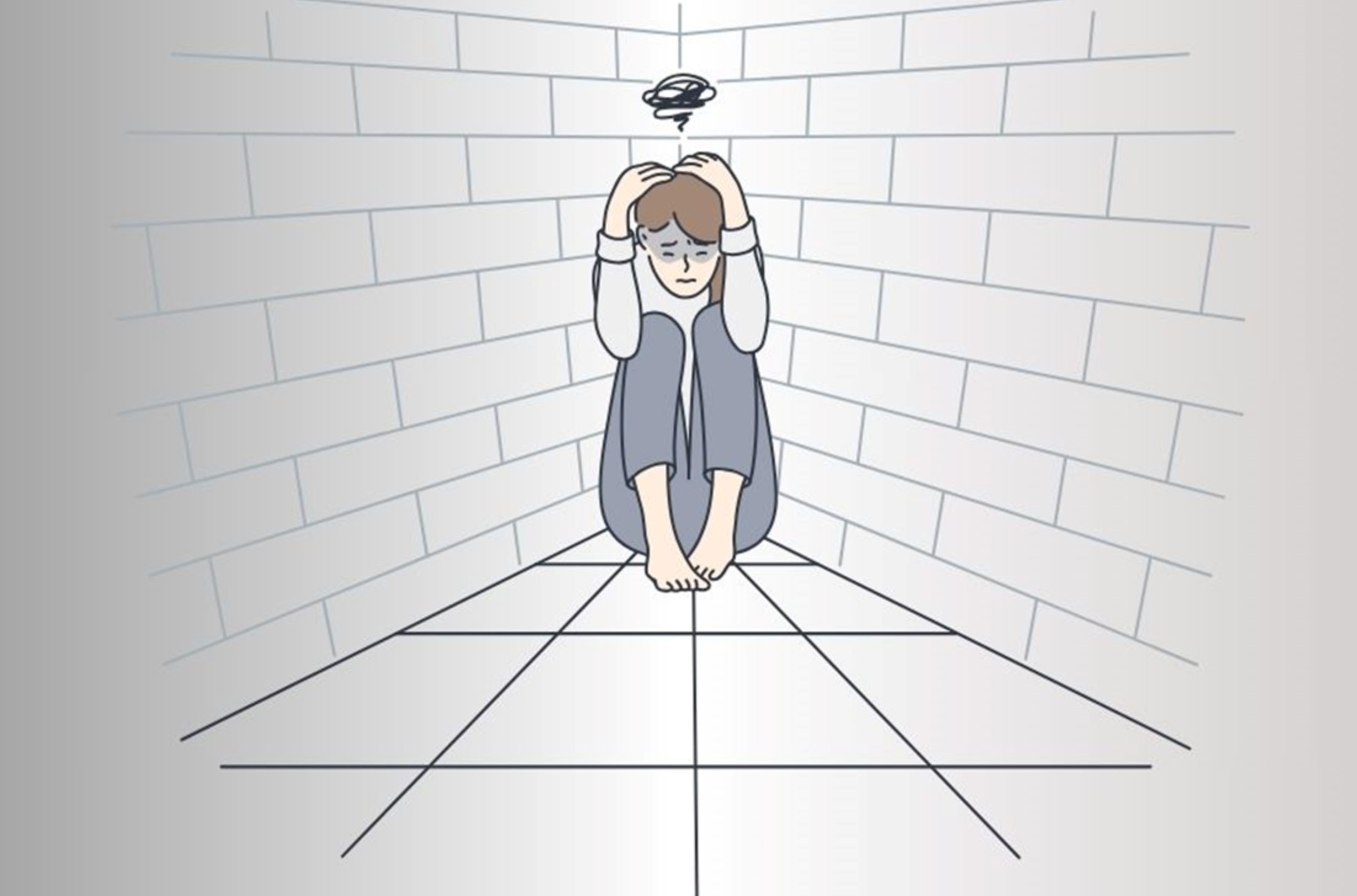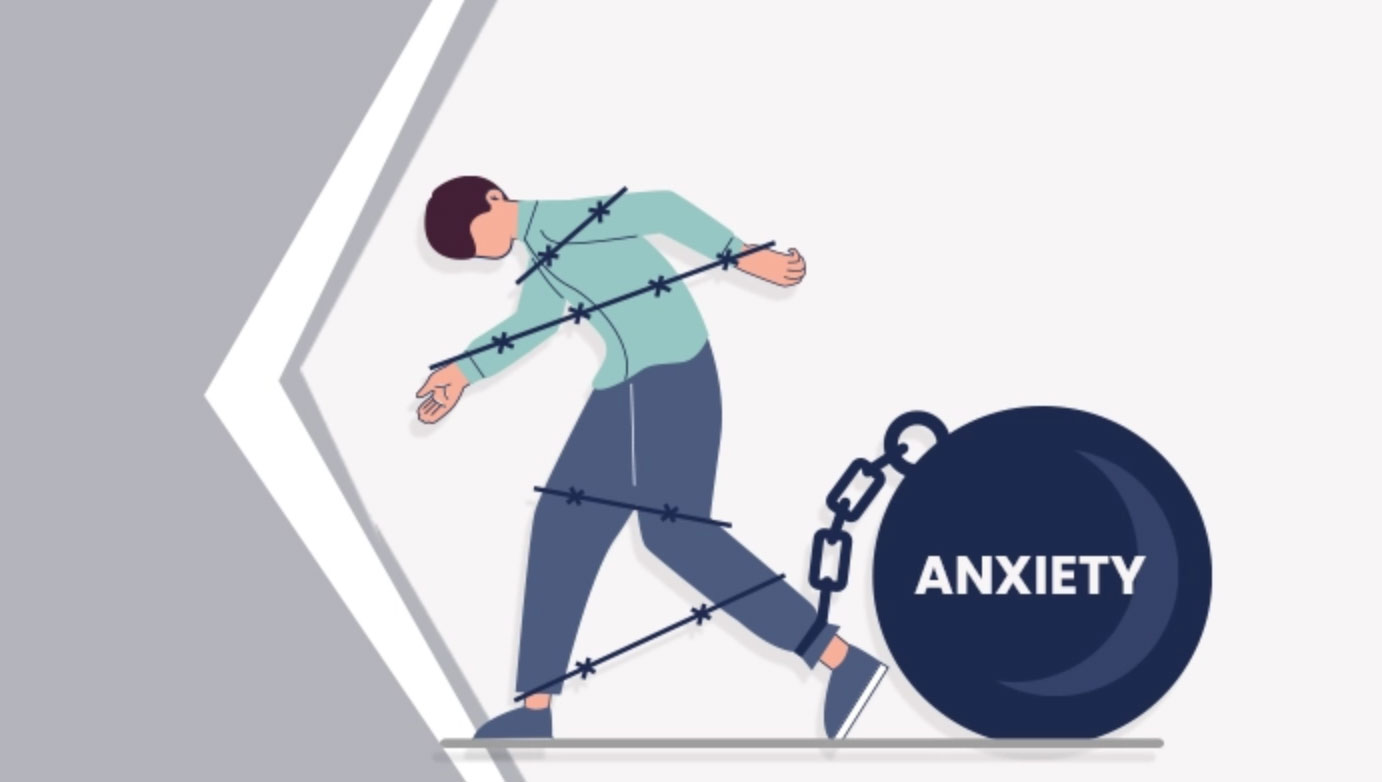Have you ever felt so overwhelmed with worry that you couldn't move or make a decision? This feeling is known as anxiety paralysis, a state where stress and anxiety become so intense that they hinder your ability to take action. It can impact various aspects of life, from completing daily tasks to making important decisions. Understanding anxiety paralysis is the first step in overcoming it. In this article, we'll explore what anxiety paralysis is, its symptoms, causes, and most importantly, how to manage and prevent it.
Understanding Anxiety Paralysis

Anxiety paralysis occurs when excessive anxiety overwhelms the brain, causing mental and physical shutdown. People experiencing it often feel trapped, unable to make decisions or take necessary actions. This psychological freeze response happens when the brain perceives a threat and struggles to choose between fight, flight, or freeze. Recognizing anxiety paralysis is essential in addressing its root cause and finding suitable coping strategies..
Common Symptoms Of Anxiety Paralysis

Anxiety paralysis manifests through various symptoms, including difficulty making decisions, extreme procrastination, physical tension, rapid heartbeat, and racing thoughts. Some individuals may feel mentally stuck, unable to focus or think clearly. These symptoms can intensify if left unaddressed, making everyday tasks feel overwhelming. Recognizing these signs can help individuals seek proper intervention and support..
Causes Of Anxiety Paralysis

Several factors contribute to anxiety paralysis, including chronic stress, perfectionism, past trauma, and fear of failure. When someone continuously experiences overwhelming levels of anxiety, their brain may resort to freezing as a way to cope. Additionally, people who struggle with self-doubt or have high expectations of themselves are more prone to experiencing anxiety paralysis. Identifying these triggers is crucial in developing effective coping techniques..
The Psychological Impact

Anxiety paralysis not only affects decision-making but also impacts self-esteem and overall mental well-being. It can lead to feelings of frustration and helplessness, making the person believe they are incapable of handling life’s challenges. Over time, this can create a cycle of avoidance, where people avoid tasks or decisions altogether to prevent feeling overwhelmed. Breaking out of this cycle requires self-awareness and proactive steps to ease anxiety levels..
How Anxiety Paralysis Affects Productivity

One of the most common effects of anxiety paralysis is decreased productivity. Individuals may delay tasks, struggle to meet deadlines, or avoid work altogether due to an overwhelming fear of failure or making mistakes. This lack of action can increase stress levels and further contribute to anxiety, creating a vicious cycle. Understanding how anxiety paralysis impacts productivity can motivate individuals to seek solutions and regain control over their tasks..
Techniques to Overcome Anxiety Paralysis

Managing anxiety paralysis involves practicing mindfulness, breaking tasks into smaller steps, and setting realistic goals. Engaging in relaxation techniques such as deep breathing, meditation, or journaling can help calm the nervous system and improve decision-making. Seeking professional help from a therapist or counselor can also provide effective coping strategies tailored to an individual’s needs..
Preventing Anxiety Paralysis

Prevention strategies include maintaining a balanced lifestyle, avoiding perfectionism, and incorporating regular stress-reducing activities. Establishing a structured routine can help create a sense of stability, reducing the likelihood of feeling overwhelmed. Learning to accept mistakes and practice self-compassion allows individuals to manage anxiety more effectively and prevent paralysis from taking over..
When To Seek Professional Help
In some cases, anxiety paralysis may become so severe that it interferes with daily life and personal well-being. When anxiety prevents an individual from functioning normally, seeking help from a mental health professional is crucial. Therapy, counseling, and medication options may provide the necessary support to manage symptoms effectively and regain a sense of control..
Anxiety paralysis is a serious yet manageable condition that affects many individuals. By understanding its symptoms, causes, and impact, people can take positive steps towards overcoming it. Implementing stress-management techniques, practicing mindfulness, and seeking professional help when needed can significantly reduce the effects of anxiety paralysis. Remember, taking small steps consistently can lead to big improvements in mental well-being and productivity.


